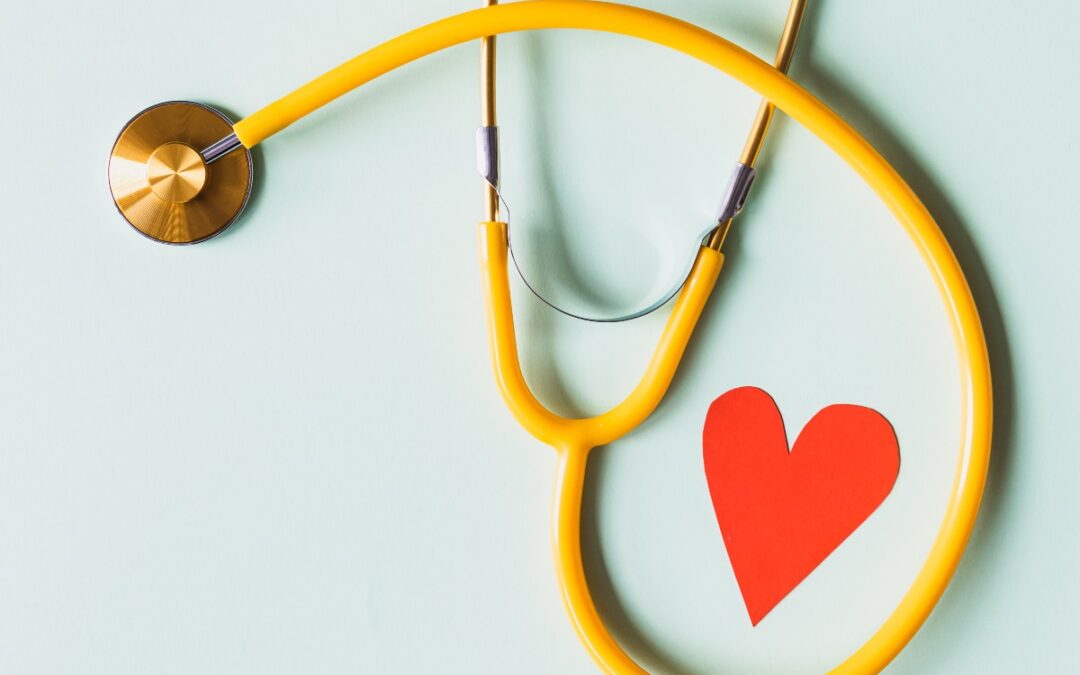Substance abuse is, without a doubt, harmful to the individual and the family. Additionally, treatment and recovery are primarily the responsibility of the individual and family, at least until they seek help.
However, substance abuse has many negative side effects on society at large. Until the addiction cycle is broken, these effects can continue to cause trauma.
Who is responsible for dealing with these secondary effects that spiral out to society? How can society even begin to regain control over the chaos?
Effective Societal Responses to Substance Abuse
We can look at examples of two countries that did decide to step up and address their massive addiction problems within the past two decades: Portugal and Switzerland.
Their stories are similar in that they both faced overwhelming rates of illicit drug use and overdose deaths. Additionally, both countries were able to significantly turn their situations around. They drastically reduced the negative effects that are caused by addiction.
How did they do it? They started by changing the way they looked at addiction itself.
Using the Science of Substance Abuse
A popular saying goes, “Change the way you look at things, and the things you look at change.” We can see this mindset in action in how Switzerland and Portugal addressed substance abuse among their populations.
Key to that transformation was seeing addiction as an illness, one that affects the brain and body. This understanding is based on findings of addiction science. Through science, we have learned how substances change the brain and body.
Turning from a Crime Model to a Disease Model
Switzerland and Portugal put this knowledge into action. They began to focus on substance abuse as a medical issue instead of a criminal one. This mindset change shifted the way they could treat people with addiction.
For example, drug possession was greatly decriminalized. Now, this did not mean it was ignored. It simply meant that people who were found with a certain amount of drugs (below the threshold of trafficking, which was still classed as a crime) were no longer put in jail or prison. Instead, they were put into drug treatment centers.
This change resulted in a lower fiscal burden on society. It also allowed for the de-escalation of trauma for the individual struggling with substance abuse. Instead of descending to a life of crime or going to prison — where they might make new drug connections — people struggling with substance abuse were able to get treatment.
Treatment also allows people to function in jobs and maintain regular employment and residence. This increases their ability to contribute to society.
Positive Results
As a result, Portugal has seen a 75% reduction in drug cases since the 1990s. Additionally, its drug-induced death rate is now five times lower than the average for the European Union.
Not bad, especially considering that Portugal saw some of the worst opioid epidemics, where public parks had been taken over by thousands of homeless people openly using heroin. In 1991, one “needle park” alone had over 3,600 heroin overdoses to which paramedics were called in to respond. The situation was dire, and it called for a large-scale social response.
How Do We Solve Addiction Itself?
As far as the spiraling social effects of addiction, Portugal and Switzerland got the job done. Their results are impressive.
Of course, their policymakers openly admit that they do not solve addiction itself. Their job is more to manage and mitigate the negative impact of addiction on society. In that, they were successful: vast numbers of people are no longer injecting heroin in public parks. Drug rates, crime rates, and overdose rates are all down, as is the financial burden to the taxpayer. In this way, their programs have been a success.
The Root of Addiction
More is needed to get to the root cause of addiction itself and to solve that.
Many addictions and other societal issues may be rooted in childhood. For example, Switzerland found that more than half of incarcerated women experienced childhood neglect. Additionally, about 25% experienced childhood sexual abuse. It stands to reason that broken homes will create broken children, who, if not healed, will go on to be broken adults.
This is why addiction is more than an individual issue. It is also a family issue and requires the whole family to take responsibility for their healing. Ultimately, this is not about finding fault or placing blame. It is about recognizing that we have all played a role that has led us to where we are today. If we want to restore wholeness and a bright future, we must recognize that today is a gift and make the most of it.
Here at Dream Recovery, we treat substance abuse as a symptom of disease. We know it is not a moral failing. It is something to be treated properly through therapy, medication, and support. We invite you to find healing with us today.
If you or your family member is facing addiction, please know that help for healing is available at Dream Recovery. Our trained and caring staff will work with you where you are to help you find peace and recovery. We understand the need to respond to addiction as a disease that needs treatment. We see you as an individual who has needs and treat you as such. We focus on extending out to family and society for support. We go beyond addressing the social ills and help people find the drive to become active, functioning members of society, creating the world they want to live in. Call us at (657) 216-7218 now to find out how.


Recent Comments